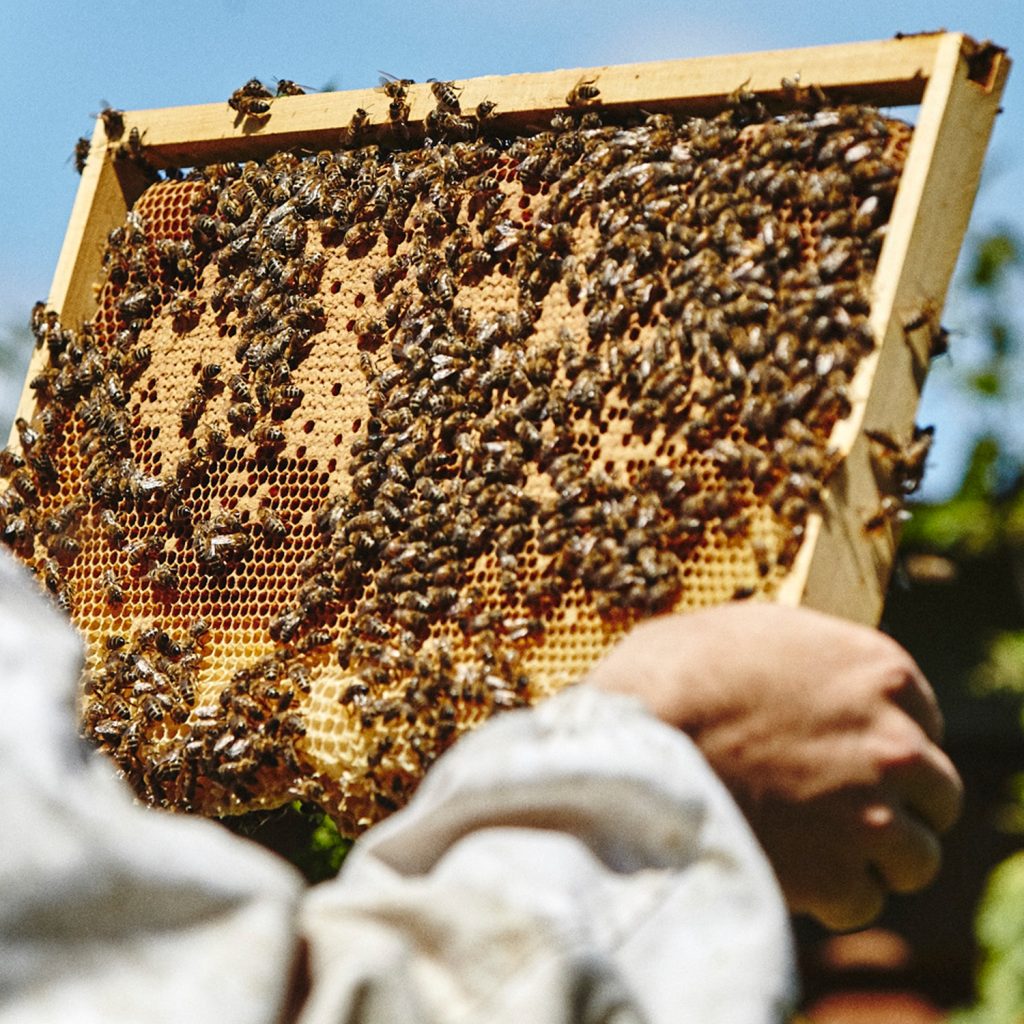The availability of bees available plays an essential role in supporting agriculture, biodiversity, and environment health. Beekeeping has always been recognized as essential for pollinating crops, ensuring food security, and maintaining balanced ecosystems. As such, the purchase of bees caters to a varied range of clients, from commercial farmers to amateur beekeepers and also conservationists. These bees are not only commodities; they are crucial contributors to global food manufacturing and environmental sustainability.
Bee revenue encompass different species, with baby bees being the absolute most generally traded. Nevertheless, indigenous bee species like bumblebees and solitary bees may also be increasingly sought following because of their pollination services. The diversity in bee species available for purchase shows the growing recognition of their particular benefits to ecosystems and the necessity to support a number of pollinators for extensive agricultural and ecological health.
The method of selling bees involves more than simply handing over a hive; responsible vendors prioritize the health and welfare of these colonies. That entails reproduction bees for desirable qualities such as for example disease resistance, darling manufacturing, and docility. More over, respected dealers provide guidance and help to customers, particularly beginners to beekeeping, to make sure they’ve the data and methods had a need to care for their bees effectively.
Local bee sales are specially valuable for maintaining local biodiversity and ecosystem resilience. When customers buy bees from regional companies, they are investing in bees used to the precise climatic and environmental problems of their region. This local strategy not just helps the genetic diversity of bee populations but also decreases the danger of introducing intrusive species or disorders from different regions.
The sale of bees runs beyond pure transactions; it fosters a feeling of community and relationship among beekeepers, farmers, and environmental enthusiasts. Several bee suppliers manage workshops, training periods, and community activities to train consumers and promote most readily useful techniques in beekeeping and pollinator conservation. These initiatives support construct a network of educated and engaged individuals committed to promoting bees and preserving their habitats.
Additionally, the sale of bees contributes to local economies by generating income for beekeepers and supporting related industries such as agriculture, horticulture, and apiculture gear manufacturing. As demand for pollination solutions remains to go up, bee sales give opportunities for financial growth and work generation in rural and cities alike.
But, the sale of bees also increases honest concerns, particularly concerning the welfare of bees and their possible effect on indigenous ecosystems. Responsible beekeeping methods, such as for instance illness management, hive hygiene, and habitat storage, are bees for sale in Illinois for reducing bad impacts and promoting the well-being of both handled and crazy bee populations.

To conclude, the sale of bees is a multifaceted effort that intersects agriculture, ecology, economics, and ethics. By encouraging responsible bee manufacturers, customers not just gain access to important pollination services but in addition donate to the conservation of bees and the ecosystems they support. Through venture, education, and stewardship, bee income can function as a catalyst for sustainable agriculture and environmental stewardship in towns worldwide.
